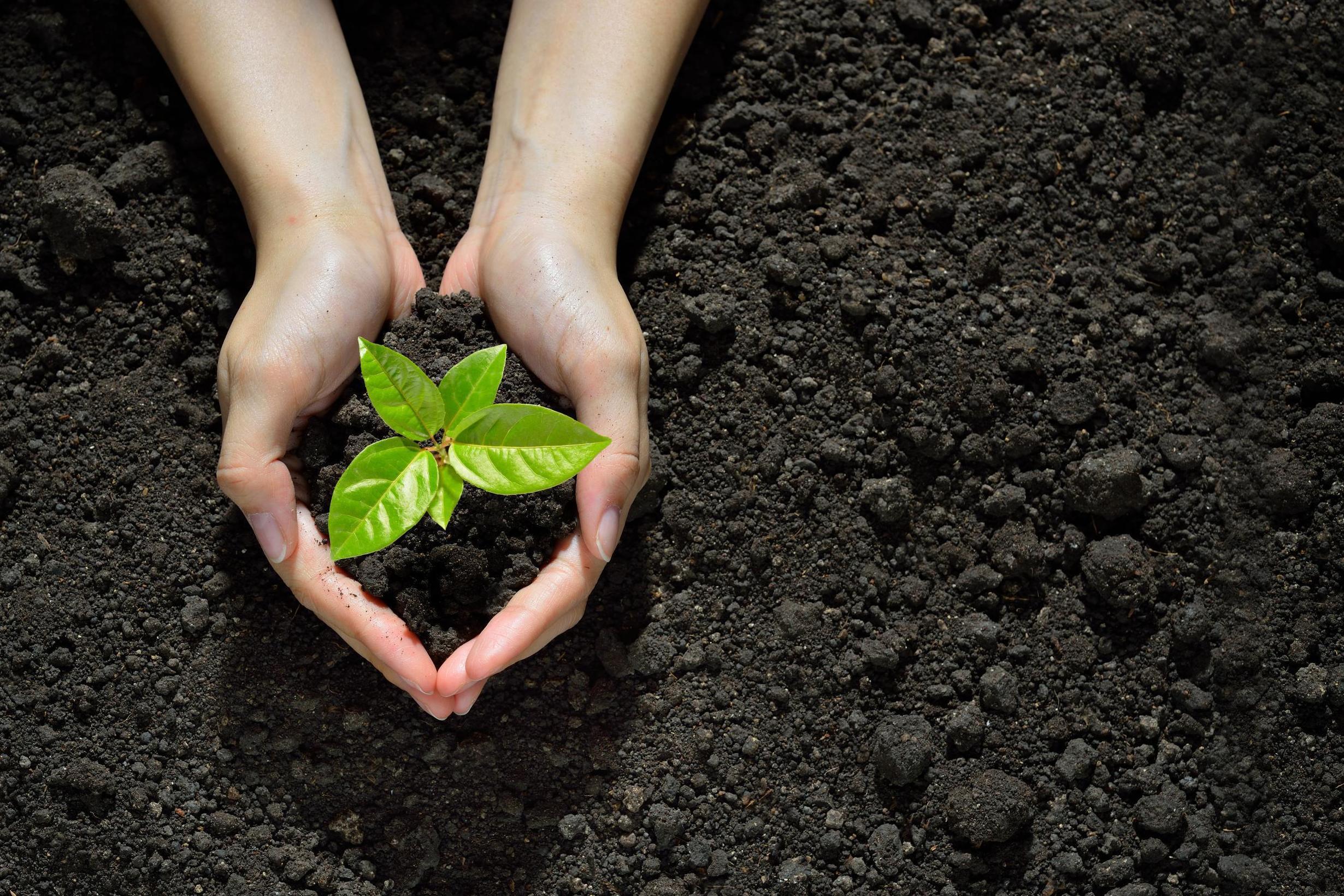California bill aims to legalise human composting as climate-friendly option
Process breaks a body down into soil using wood chips, alfalfa and straw

Your support helps us to tell the story
From reproductive rights to climate change to Big Tech, The Independent is on the ground when the story is developing. Whether it's investigating the financials of Elon Musk's pro-Trump PAC or producing our latest documentary, 'The A Word', which shines a light on the American women fighting for reproductive rights, we know how important it is to parse out the facts from the messaging.
At such a critical moment in US history, we need reporters on the ground. Your donation allows us to keep sending journalists to speak to both sides of the story.
The Independent is trusted by Americans across the entire political spectrum. And unlike many other quality news outlets, we choose not to lock Americans out of our reporting and analysis with paywalls. We believe quality journalism should be available to everyone, paid for by those who can afford it.
Your support makes all the difference.With Washington set to become the first state to allow human composting, other states are considering implementing similar laws.
Last year, Democratic Governor Jay Inslee signed a law that would permit human composting in Washington, with the practise set to go into effect on 1 May.
Now, California Assemblywoman Cristina Garcia is hoping California will legalise the practise as well.
“I would love to be a tree one day,” Ms Garcia, who introduced human composting Assembly Bill 2529, told the Los Angeles Times. “I think this is about giving people another option.”
Human composting is the process of breaking the body down into soil, which can then be given to the family of the deceased or donated to conservation land for use.
The process, which will be conducted by Seattle company Recompose, involves placing a body inside a vessel filled with wood chips, alfalfa and straw, where it is broken down in a few weeks by “microbial activity”.
The result is about a cubic yard of soil per person, according to Recompose, which hopes the $5,500 process will become an alternative to current funerary practices, which are “environmentally harmful and, for some, psychologically unsatisfying”.
“The current practises are part historical convention and part funeral industry mandate,” the company explains on its website. “Each year, 2.7m people die in the US, and most are buried in a conventional cemetery or cremated, emitting carbon dioxide and particulates into the atmosphere. These practises consume valuable urban land, pollute the air and soil, and contribute to climate change.”
According to Recompose, human composting, otherwise known as organic reduction, performed better than conventional burial, cremation and natural burial in terms of environmental impact, with the company estimating that “a metric ton of CO2 will be saved each time someone chooses organic reduction over cremation or conventional burial”.
Katrina Spade, the CEO of Recompose, explained in a TedX talk that she first became interested in human composting after learning that farmers use a similar process to recycle animal remains.
As of now, recomposition will need to be legalised on a state-by-state basis, as burial regulations vary by state.
However, people living in states apart from Washington are already expressing an interest in the end-of-life alternative.
I knew the moment I heard about this, it was what I wanted to do," Nikolaus Kraemer, from Los Angeles, told the LA Times. “I think this is a peaceful way to go back to where we came from.”
Join our commenting forum
Join thought-provoking conversations, follow other Independent readers and see their replies
Comments